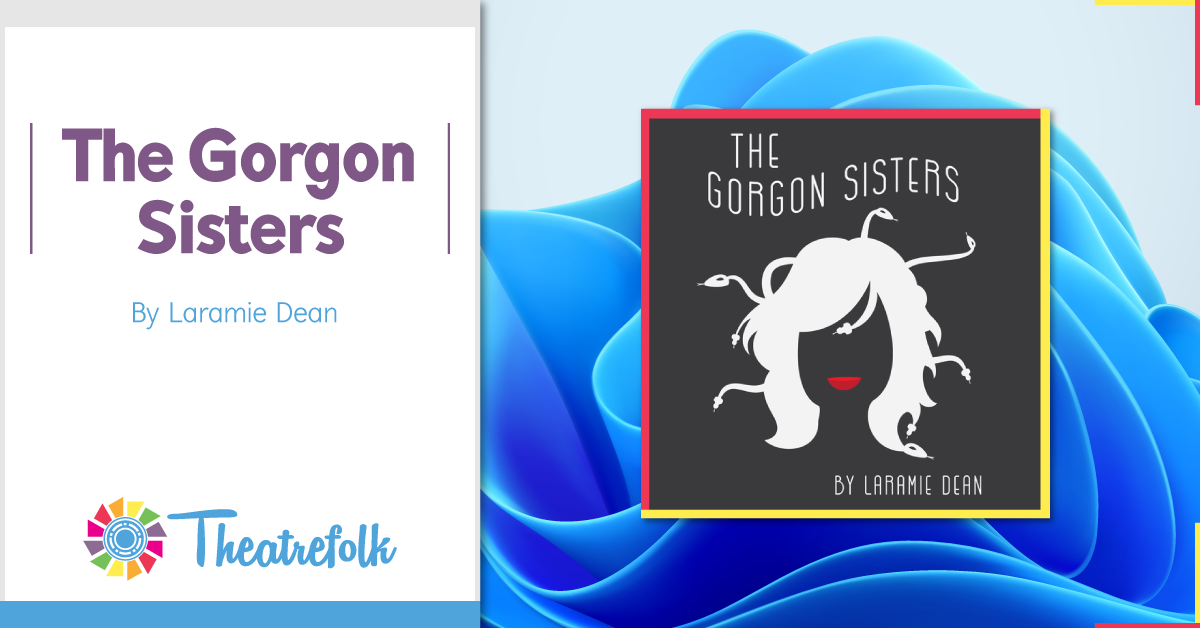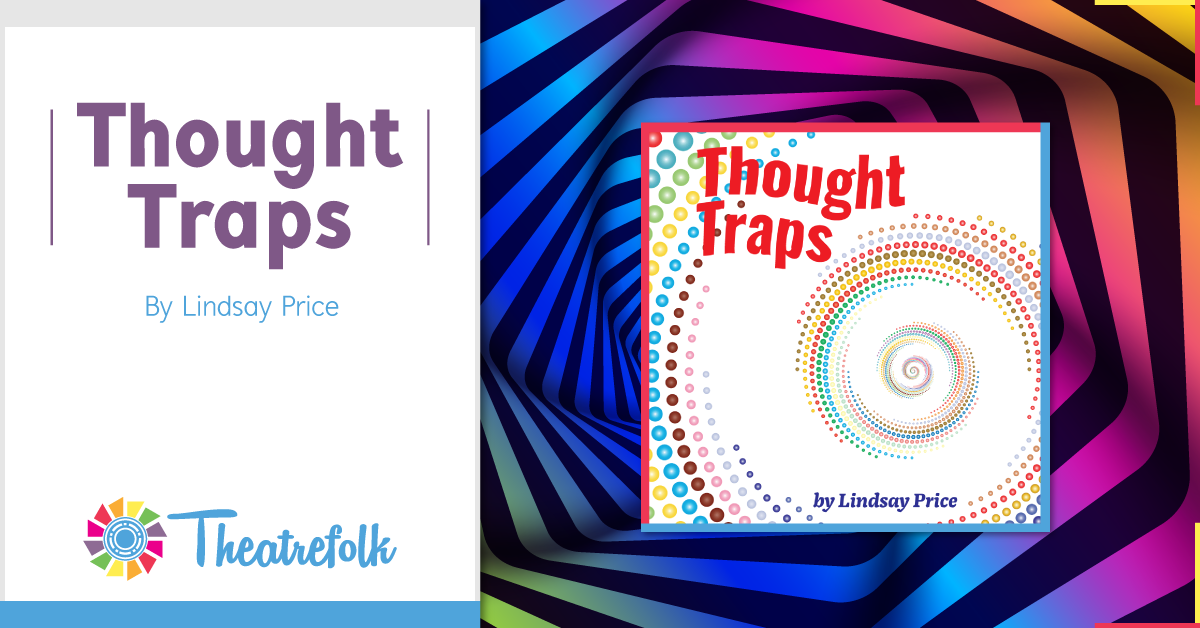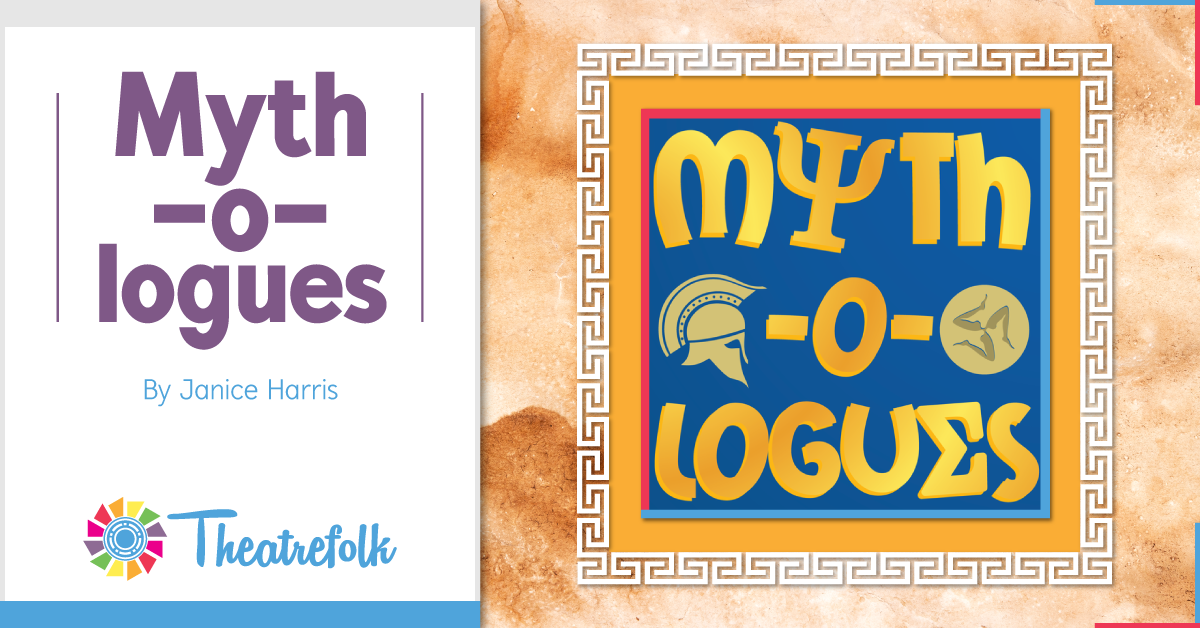There exists in everyone the potential for good or evil. Laramie Dean's adaptation of Dracula asks the question: How much would it take to bring out the darkness inside of you?

Theatrefolk Featured Play – The Gorgon Sisters by Laramie Dean
Welcome to our Featured Play Spotlight. The Gorgon Sisters by Laramie Dean is a fabulous take on some Ancient Greek characters – complete with lots of casting flexibility and suggested cuts for one-act competitions.
The story is everything to Stheno, the oldest gorgon sister. And this story is a big one, a hero’s quest. And not some lame quest like the one Perseus went on for a girl.
Stheno wants to bring her sister Medusa back to life. It’s impossible, and everyone tells her so – Hades, Heracles, Athena… but for someone like Stheno, the impossible just takes a little longer.
Why did we publish this play?
This play is a win-win-win all around: cross-curricular material, with the Medusa myth told in such a unique way. It’s easy to stage with great characters. If you’re looking for something new in the Ancient Greek canon, The Gorgon Sisters is for you!
Let’s hear from the author!
1. Why did you write this play?
I was commissioned to write a play about Greek mythology by Teresa Waldorf, who was, at that time, the head of the educational tour branch of the Montana Repertory Theatre. I’ve been fascinated by Medusa since I saw her fight Harry Hamlin in CLASH OF THE TITANS when it ran on TV when I was wee; I was unaware that there were two other Gorgon sisters left alive after Perseus claimed her head, and immediately I thought what a good story that would make: the baddest of the bad, the worst Gorgon of all, trying to become a hero and bring her beloved sister back to life.
2. Describe the theme in one or two sentences.
People you love will always be with you, no matter where you go or the distance between you.
3. What’s the most important visual for you in this play?
Making Stheno look as cool as possible: she has a hairful of snakes, for Hades’ sake. And wings. And scales!
4. If you could give one piece of advice for those producing the play, what would it be?
Have fun with the tech and design. Cast as many people as you want and then dress ‘em up. The Greeks gave their gods and monsters a lot in the way of visuals: go nuts with props and costumes.
5. Why is this play great for student performers?
It’s funny. It’s also incredibly sad: dealing with grief is never easy. It has unexpected moments, particularly with characters like Hades, who audiences probably remember best dramatized from Disney’s Hercules. This guy is a little different. Stheno is a strong, determined, and intelligent woman and a great role.
6. Why is this play great for online performances?
We performed it at my school early last fall as a staged reading with costumes, props, and masks. It worked just fine. Concentrate on the words and the characterizations; encourage students to go even bigger, especially vocally. Tell them to have fun!


